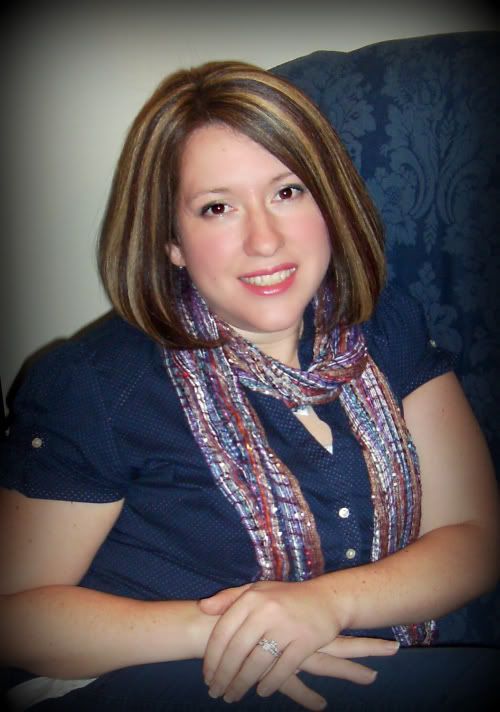
No, I’m not speaking about a degree or initials attached to the end of your name. I’m speaking of a true education. The following two quotes define an education very well:
“The only purpose of education is to teach a student how to live his life-by developing his mind and equipping him to deal with reality. The training he needs is theoretical, i.e., conceptual. He has to be taught to think, to understand, to integrate, to prove. He has to be taught the essentials of the knowledge discovered in the past-and he has to be equipped to acquire further knowledge by his own effort.” ~Ayn Rand
“The aim of education should be to teach us rather how to think, than what to think—rather to improve our minds, so as to enable us to think for ourselves, than to load the memory with the thoughts of other men.” ~Bill Beattie
Do you know about the past, the TRUE past, not just watered down facts from a history book? What about the past President’s and their wives? What about the lives and writings of great people such as Pope, Byron, Cervantes, Sir Walter Scott, etc.? Half a century ago everyone knew these people and all were familiar with their writings and many could even quote them.
One sign of an education is that one becomes less interest in trivial and mind-wasting topics such as what drama the latest star has gotten involved in or who broke up with whom in Hollywood. Those who value their education and by extension their minds are choosy about what they watch on television and how much they watch. They also are watch guards over how and what their children watch. The educated know that just like food feeds the body and either strengthens or tears down one’s health, the same applies to what one feeds the mind as in media: books, TV, music and internet.
Scientists have proven that those who are actively using their brains to learn new things tend not to acquire diseases such as Alzheimer’s later in life. The educated are always striving to improve their knowledge and enjoy learning deep, spiritual and thought provoking ideas.
The saying, “Great minds talk about ideas, average minds talk about events and small minds talk about other people” is true. Think of the conversations lately in your home, especially among the adults. What category do you fall in? Being conscious of what we are doing and saying is important in improving oneself. Once you become aware of what category you are in, hold yourself more accountable and if you should need to do some changing, make that change today.
Take a person off the street today and ask them what makes a person great. Many will answer things like: fame, fortune, influence (we’ll define as worldly influence), position, or status. Society has become ignorant to the fact that they are ignorant. Just because someone has power- like a president or king, or money, or worldly fame and influence does not make him great.
So what does make a person great? The answer includes but is not limited to: morals, religious conviction and belief, personal ethics code, and education. Years ago I read a book about one hundred key great and important people throughout the ages. They all had their own struggles and trials, but each great man and woman had one main thing in common-a true classically based education, most had a self taught classical education. Their education was acquired through the reading of classic books. Through the classics they learned to think deeply, attain self-mastery, and to discover and live their mission in life.
The saying “All I really need to know I learned in kindergarten” shows just how low our society has come. Sure it is meant to be humorous, but is it really? Really what we should be saying (and most importantly-living) is “All I really need to know I learned from the scriptures and classic books.”
Sadly, few today understand the classics. Walk in any Barnes and Noble or Borders books and you will see shelves full of cliff notes and other books with (someone else’s) interpretations of classic works. These books completely defeat the purpose of the true unabridged classic book. We cease to learn and grow when we are looking for someone else’s take on a classic book. The purpose of the classics is to inspire and teach your very core, the person that you truly are. They remind us through other’s experiences and lives whether ill or well lived. We don’t have a long enough life to experience everything so learn from other’s examples, especially the examples of truly great people. This is what happens to those who strive to get a true classical education. One cannot help but become a better thinker and most importantly a truly great person.
 Shiloah Baker is a mom of seven, pregnant with #8, married to the man she's madly in love with. Exercise is her vice. She runs a The Homemaking Cottage and homeschools. In her spare time she sews, crafts, writes and reads. Join us at The Homemaking Cottage Deluxe Edition for 1057 ways to improve your home and family! http://www.homemaking-cottage.com/
Shiloah Baker is a mom of seven, pregnant with #8, married to the man she's madly in love with. Exercise is her vice. She runs a The Homemaking Cottage and homeschools. In her spare time she sews, crafts, writes and reads. Join us at The Homemaking Cottage Deluxe Edition for 1057 ways to improve your home and family! http://www.homemaking-cottage.com/And don’t forget to join our ezine for more free ideas. Free Homemaking Newsletter

1 comment:
Sadly so true. I was recently discussing with someone the difference between public school socialization ("All I Need to Know I Learned in Kindergarten" - to share, play nice, make friends, etc.) and real-world socialization (Classics, Religion, simulations, etc.). Most people buy in to the socialization they received on the conveyor-belt because it is easy...it is what everyone else does...so it MUST be the only, correct way to socialize our families.
Post a Comment